What is diatomaceous earth? And what are the benefits of diatomaceous earth to chickens?
No worries. I had no clue either.
We started using DE (diatomaceous earth) on our farm a while ago, and haven’t looked back since. We had a number of Cornish Cross chickens that had gotten so large they couldn’t clean themselves very well anymore.
But they liked to roll!
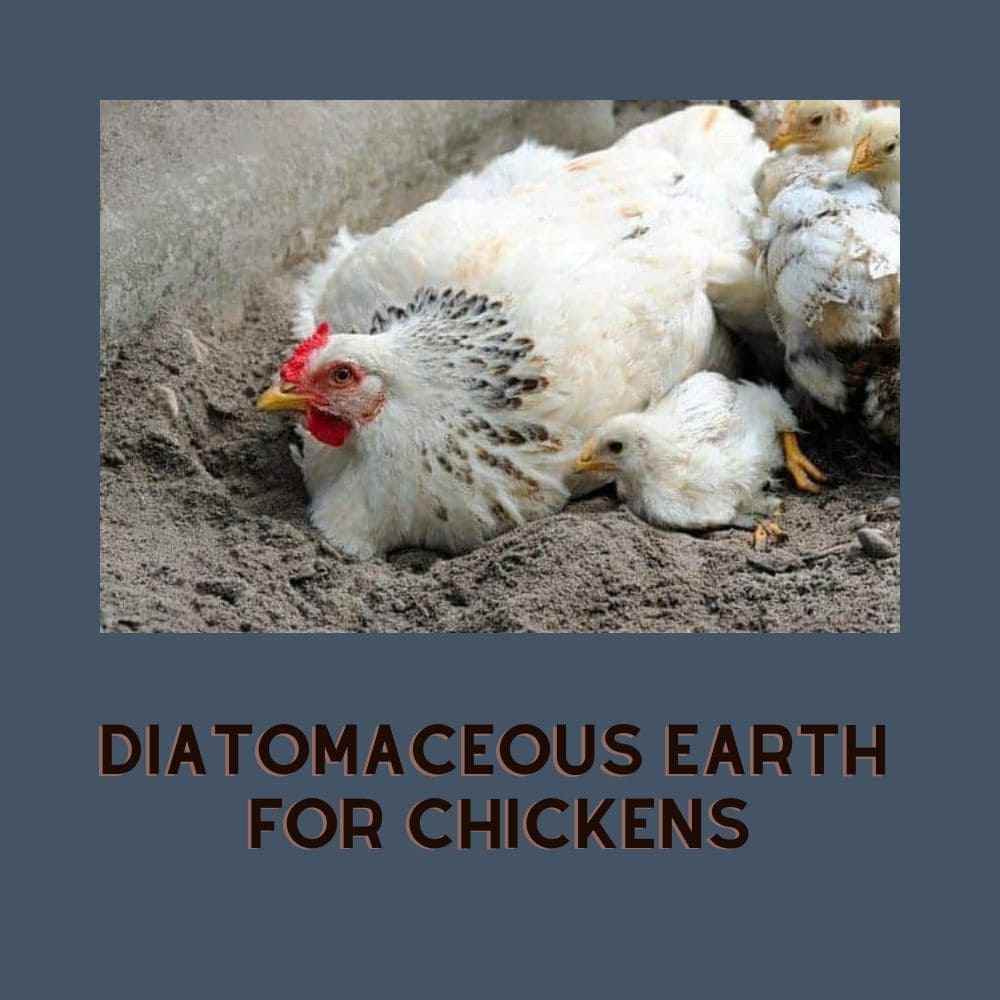
To help them keep bug free, we started offering boxes of diatomaceous earth with regular sand dirt for them to use. And it was a hit!
The other chickens LOVED it, and the number of mites and lice on them began to reduce. So we were sold.
Table of Contents (Quickly Jump To Information)
What is diatomaceous earth?
Diatomaceous earth is the crushed shells of diatoms (aquatic algae) that have fossilized into substrates in aquatic sites.
Those sites are mined, and boom! Powdered diatomaceous earth is born (okay, that’s a very quick boom, but I’m not going to bore you with details of how the powder is made.)
A cool fact is that diatom skeletons are made of mostly silica! Who knew?
This cool fact brings me to one of the best points: the upshot is that diatomaceous earth is mostly silica, clay minerals, and iron oxide – all good, natural stuff.
It’s also great to use in your soil since it kills soft-body insects by eliminating necessary oils and moisture from their body, causing the bugs to dry out.
Yup, kind of gross, but good for your chickens.
Food grade vs. non-food grade diatomaceous earth
First things first. If you want to offer diatomaceous earth to your chickens, you need to make sure it’s FOOD GRADE diatomaceous earth.
That little food-grade label means it’s safe for anyone, even people, to eat. Without that stamp, you’re taking a chance.
Chickens that bathe in diatomaceous earth will likely try tasting it too. As long as you offer food-grade diatomaceous earth to your chickens, it’s okay if they eat it.
It’s unclear whether chickens derive any health benefits from eating it, but at worst, it’ll do nothing.
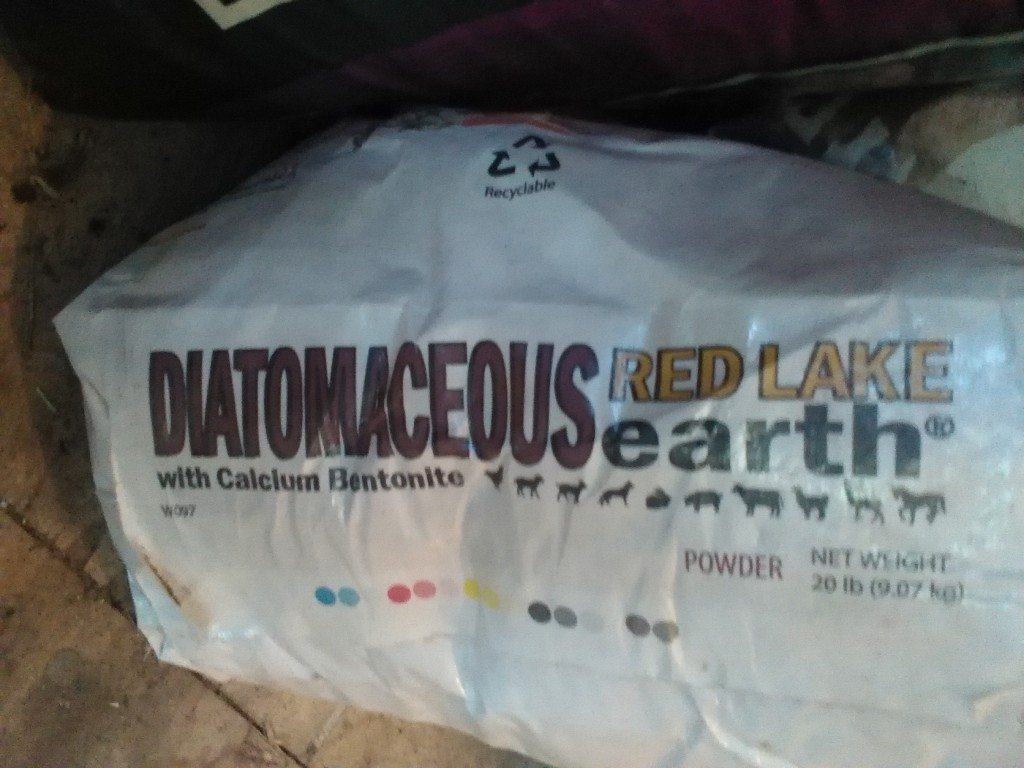
Ok, so what good is diatomaceous earth?
Great question. There are a couple of answers. Diatomaceous earth is proven to be effective in controlling external parasites on your poultry, such as mites, fleas, lice, and other external pests that might infest near feather follicles or your hen’s vent.
In a study performed by the University of California Riverside, chickens that rolled in a dust bath of sand and diatomaceous earth showed a huge reduction in the number of external parasites after just a week – pretty powerful stuff. If you have chickens that aren’t laying as well, it might possibly be caused by mites. If your chickens have to fight off an infestation, they have less energy for egg production.
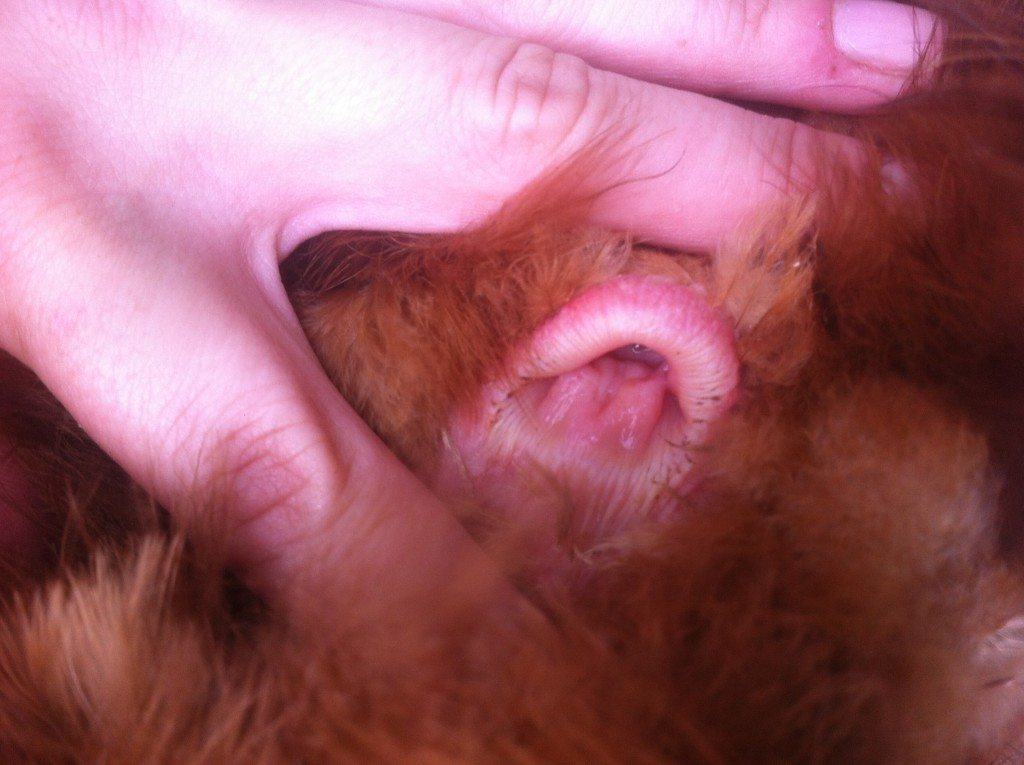
So what’s the bad news?
As great as it is for external parasites like mites, diatomaceous earth has spotty results when it comes to internal parasites.
One study performed in Vancouver showed that diatomaceous earth is effective in controlling internal parasites, and the chickens were heavier and laid more eggs when fed diatomaceous earth.
However, studies in the US have been largely unsuccessful.
That doesn’t mean it doesn’t work, just that some studies show it works while other studies show diatomaceous earth does nothing to reduce internal parasites (like worms) in chickens.
It’s inconclusive.
The bottom line?
I would venture to say we really don’t know how effective diatomaceous earth is when it comes to internal parasites.
But here’s the thing:
We know it isn’t likely to do anything bad, and the bottom line is that if your chickens are bathing in it, chances are they’ll sample it too. They’re curious creatures like that.
So, whether it’s effective or not, they’re likely getting it anyway. And IF it is effective – then it’s worth it!
How to use diatomaceous earth
Make a diatomaceous earth box
The easiest way to incorporate DE into your coop is by offering a dust box loaded with a diatomaceous earth/sand or dirt mix. There’s really no formula for how much of either to offer, so I go with a 1:1 ratio.
I found when I offered a box with diatomaceous earth alone, the chickens looked at me like I’d grown a second head, and they didn’t use it. So, I recommend mixing it with dirt so your chickens get the idea.
First I line the box with dirt, then add the diatomaceous earth and mix slightly so the chickens get the idea that it’s not just this weird grey stuff.
If you plan to offer your DE box in a run, you will need to remove it when it rains, otherwise, you’ll be left with a gloppy mess. If you offer it in the coop, then you’re golden.
Sprinkle it in the dirt
Another option, if you don’t want to make a DE box is to simply sprinkle the diatomaceous earth in an area where your chickens already habitually roll.
This is a good option for chickens who aren’t quite getting the idea of using a DE box or who just prefer a good roll in the dirt.
Simply sprinkle DE in their favorite roll area and let them use it at will. The diatomaceous earth will still be effective.
Add it to their nesting boxes
Some people add DE to their chicken’s nesting boxes. I don’t think it’s harmful to do so, but it may not be the best use of it. I personally use nesting herbs that naturally repel pests and my flock adores them. Check them out here.
I leave the diatomaceous earth for the dust bathing area where I think I get the most bang for my buck overall.
Offer diatomaceous earth in food
While the effects of diatomaceous earth in controlling internal parasites are inconclusive, you can still offer it to your chickens in their feed. As mentioned above, IF it does help then it’s definitely worth it.
An added benefit is that DE is proven to control insects in livestock feed since it dries the little buggers out. There are chicken farmers out there who mix DE with their chicken feed, especially if they buy a lot of it and store it.
Nothing is worse than feed that’s gotten infested (ask me how I know.)
There’s no proven formula for mixing DE in their food. One good option is to simply sprinkle a dusting on their dinner and mix it before offering it to your chickens.
The advantage to mixing the DE into the feed is the diatomaceous earth will cling to the feed (whether you feed grain, scraps, corn, etc.) and your chickens are more likely to get it into their system than if you simply sprinkle it on top.
You can also offer it separately. Remember your chickens will likely sample it as they roll in it, but if you want more control over the amount of diatomaceous earth they consume, mixing it into their feed is a great option.
If you use my homemade organic chicken feed recipe, another option is to sprinkle it on the fodder. It will stick to the wheat (or barley) sprouts and your chickens can eat it that way.
Where do you buy DE?
You can find diatomaceous earth in any feed store. If you want to purchase it over Amazon, here’s a great option:
Summary
If you want to help your flock reduce parasites by enhancing their normal dust-bathing activities, then diatomaceous earth is just what the doctor ordered. It’s easy and safe to use and produces great results. Your chicken coop will be better off for it and you can have a little more peace of mind.
Backyard chickens are often more than just pets, they are also a source of food and entertainment. Why not give them the best chance at being comfortable, happy, and healthy?
References:
“Housing and dustbathing effects on northern fowl mites (Ornithonyssus sylviarum) and chicken body lice (Menacanthus stramineus) on hens.” Department of Entomology, University of California Riverside. PubMed.
“Effect of diatomaceous earth on parasite load, egg production, and egg quality of free-range organic laying hens.” Avian Research Centre, Faculty of Land and Food Systems, University of British Columbia. PubMed.
Maat van Uitert is a backyard chicken and sustainable living expert. She is also the author of Chickens: Naturally Raising A Sustainable Flock, which was a best seller in it’s Amazon category. Maat has been featured on NBC, CBS, AOL Finance, Community Chickens, the Huffington Post, Chickens magazine, Backyard Poultry, and Countryside Magazine. She lives on her farm in Southeast Missouri with her husband, two children, and about a million chickens and ducks. You can follow Maat on Facebook here and Instagram here.

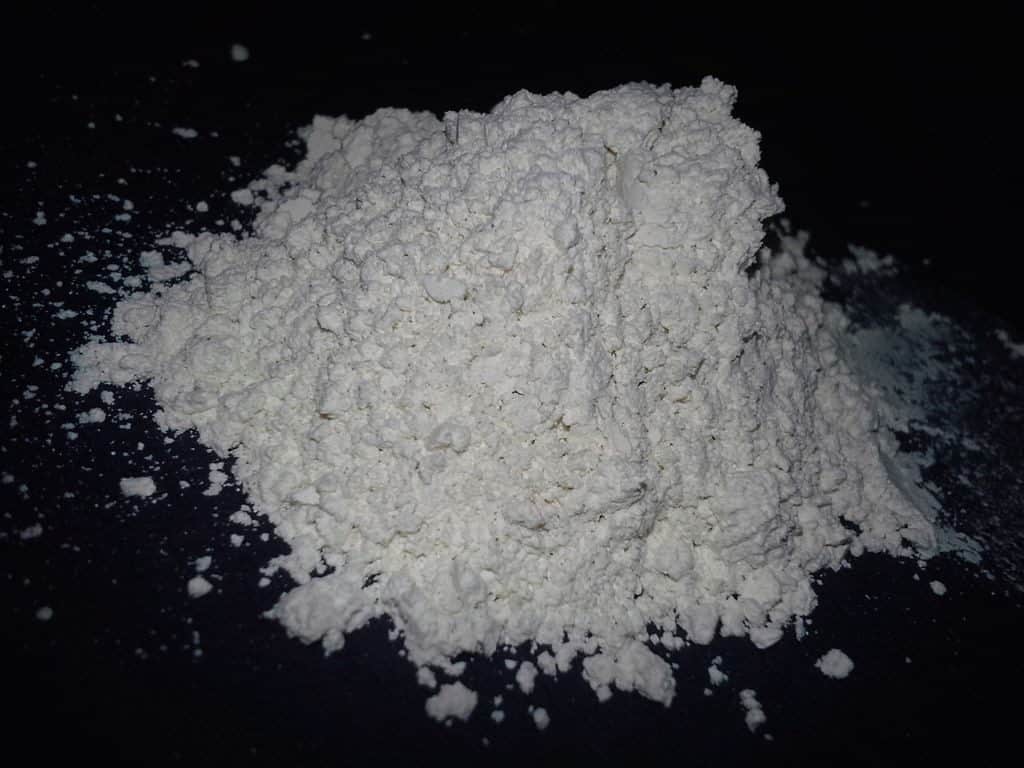
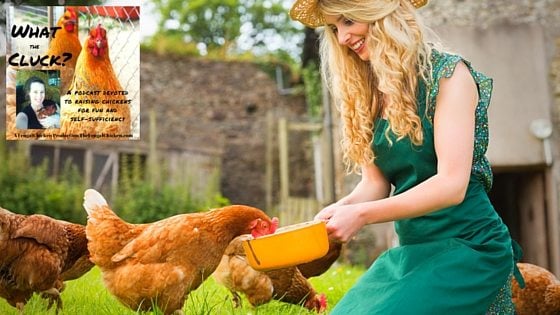

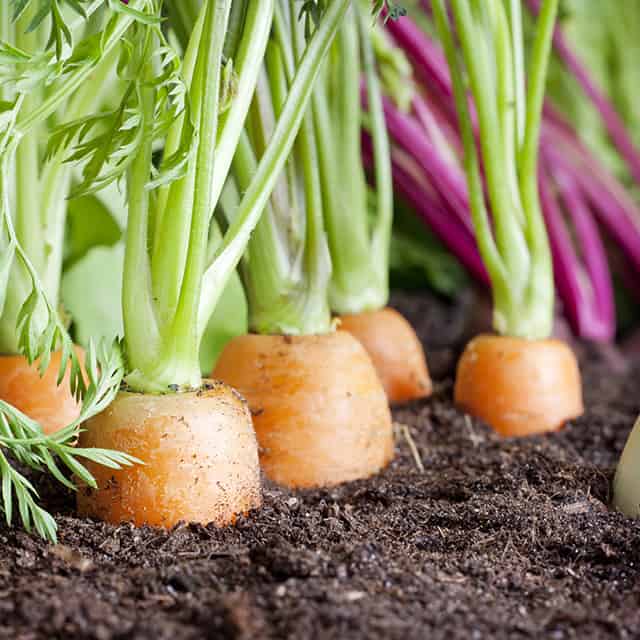
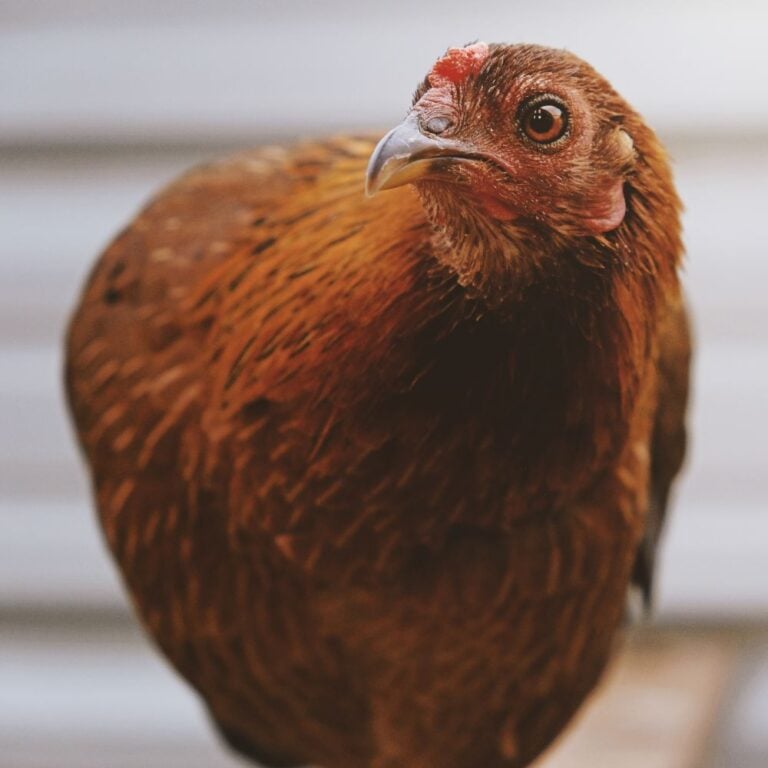
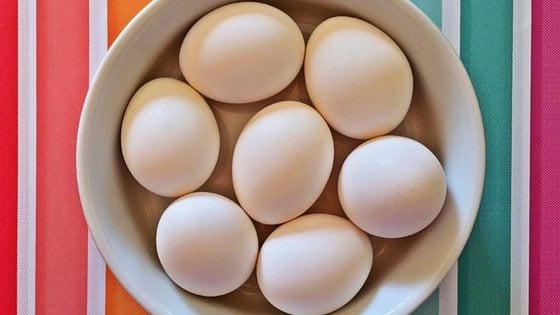
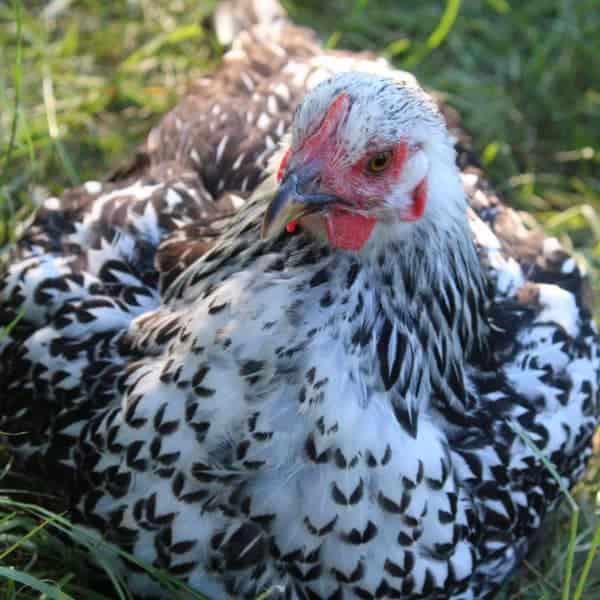
very good article! I agree with your stance on using DE powder. It won’t hurt and it usually helps. Also, the photos in this post are pretty amazing!
Thanks, glad you like the photos!
We are building our coop this year and getting our chickens next. I just wanted to thank you for all the wonderful information you share. 🙂
You’re welcome! Thanks for stopping by!
Is the bag pictured what you use? That’s what I have.
Yep, it’s what I use.
I am going out and adding DE to the chickens’ favorite roll spot right now. I feed DE to our Bison/Buffalo all year long. Really gets rid of flies, and I believe gets rid of the worry of internal parasites. The studies may be inconclusive, but I have taken critter shit from our pasture in to have it tested multiple times over multiple years and it always comes back negative. Really don’t know why I hadn’t thought of giving it to the hens, but your story makes perfect sense and am starting today. All I have to do is walk to the feed barn and get a can and they are up and running! Thanks!
Doc Mitchell
Hi Doc Mitchell – thanks for stopping by . Owning bison must be wonderful!
yes im going to give it a try with my new chicks ty
Good morning, how often do you add diatomaceous earth to the ground ? I have a 10 x 20 area.
Whenever it looks low, about every other week. Hope this helps!
I have DE for my pets and their flea issues. I will definitely be using it for my chicken farm. I’m glad I found your blog, because now I know how to use it with them. I’m planning on sprinkling the yard with it when I mow to kill off fleas and ticks. I want to keep EVERYONE pest free. Thanks for this!
Thank you for spreading the news about food-grade diatomaceous earth. We use it for dusting our garden to control chewing bugs, our chickens (dusting box) to control mites and pests, around the foundation of the house to control earwigs/roaches/ants from entering the house, dust the bedding of newborn rescue kittens that can not be “flea-treated” with grown-up cat chemicals…..and so on. For those who want to live and grow plants, people, pets and productive farm animals without chemicals, this goes a long way. It is not expensive, not poison, not hard to use.
I’m a bit confused. Right next to your article in my Pinterest feed is an article from The Chicken Chick about the danger of Diatomaceous Earth. She claims the dust gets in both humans and chickens lungs and causes tissue damage and eventual lung failure. And sand is your best bet for dust baths. I’d love to hear if you have reasons to disagree with her take or if maybe this is news to you too? Just want to have healthy chickens! 🙂
Hi Angela, thanks for your message. There’s a lot of information on the internet, and unfortunately, not all chicken bloggers agree on certain topics. In my experience, if diatomaceous earth is used in the coop over a long period, and the chickens are left in the coop to breathe it, then it can cause problems. When we use it to clean out the coop if we’re worried about mites, we send the chickens out for a few hours (although we currently use essential oils to keep mites away instead of DE). Using DE in the open air, especially on a breezy day, shouldn’t cause issues. To help new chicken owners out (and to lower the confusion), I try to cite studies like I did in this article, so readers can know I did my homework, and that my advice comes from research recommendation. There’s a lot of proof that DE works well on external parasites, and when a chicken does come up with mites, we try to use it on breezy days to reduce the chances people or chickens will inhale it. We never apply it IN the coop – we bring the chickens to the yard for application so we can be sure the DE is applied in an open area. As for people inhaling it, if you’re consistently inhaling it, it can certainly cause an issue according to the physicians I consulted, but if you’re just using it for mite control for a brief period, it’s unlikely you’ll have issues. If you want to be super safe, you can wear a surgical mask. I’ve found that it does dry out my skin, so I wash and use moisturizer after. I hope this helps!